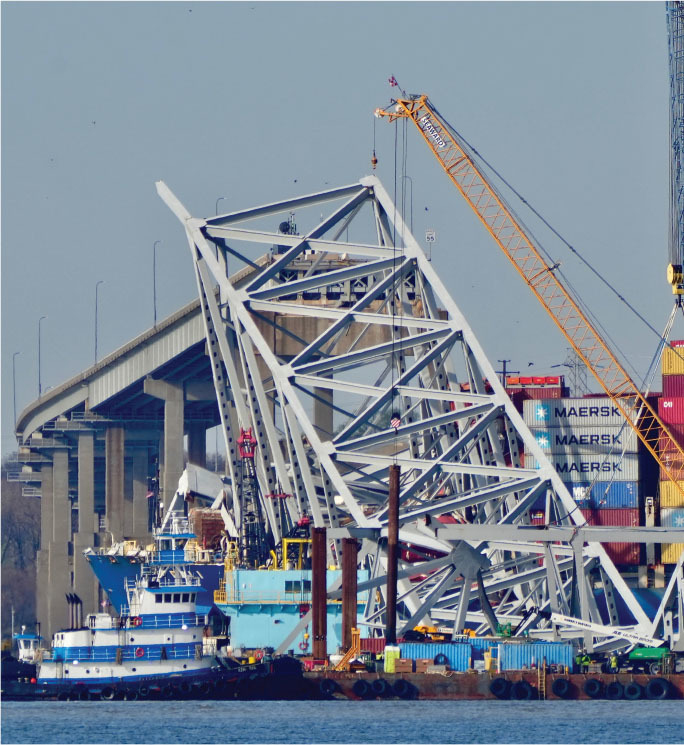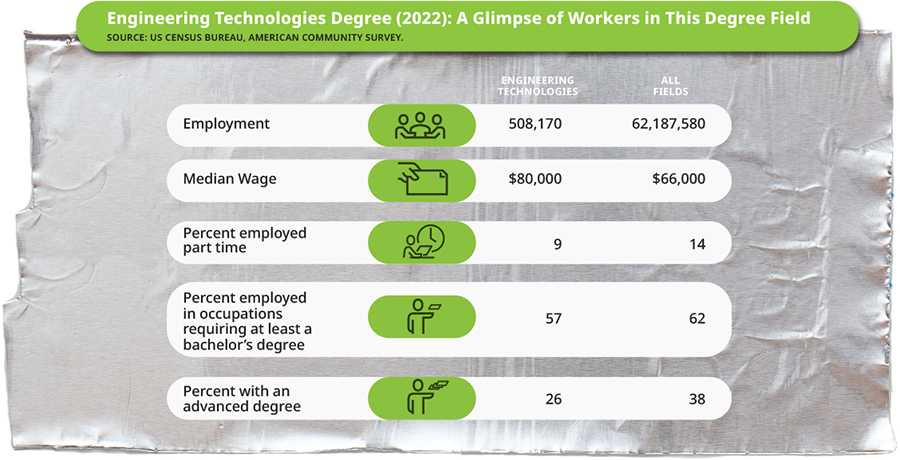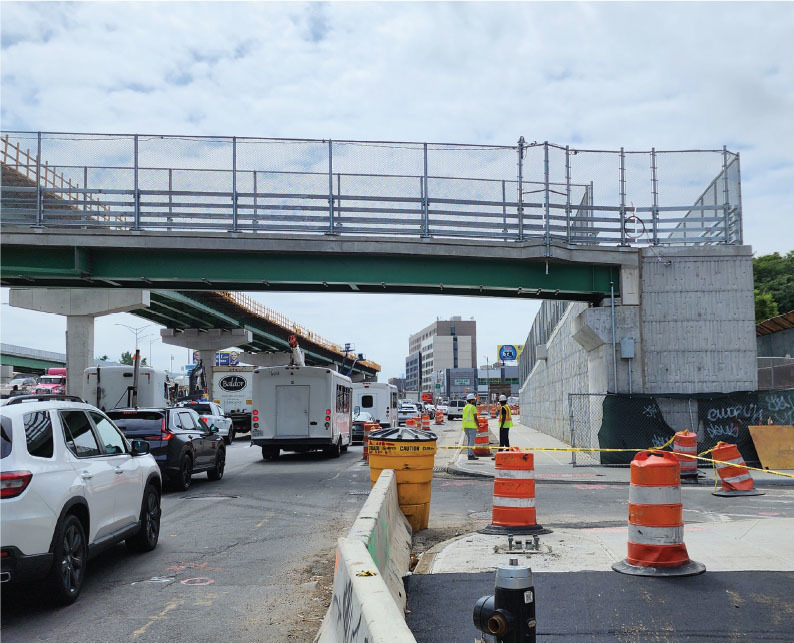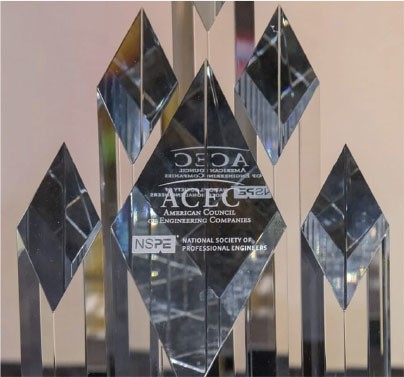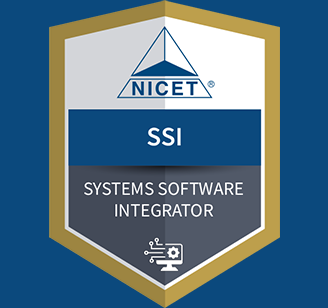July/August 2018
PE Report
NSPE Fights for the PE in Louisiana and Ohio
When efforts to undermine and potentially eliminate engineering licensure arise, NSPE doesn’t hesitate to join the fight to protect the PE and, by extension, the public. The latest threats to licensure and subsequent victories have taken place in Louisiana and Ohio.
In Louisiana, NSPE and a coalition of professional associations successfully advocated for amending legislation that would weaken occupational licensure and potentially put the public at risk. The bill (H.B. 748) was stripped of a provision, based on the premise that market competition is sufficient to protect consumers, that would have prohibited the use of most professional certifications or accreditations.
As originally filed, the bill would have required the Office of the Governor to review the state’s occupational regulations and make recommendations to repeal occupational regulations or convert them to “less restrictive” regulations. The current legislation directs the governor to annually review the rules, regulations, and procedures of no less than 20% of the agencies engaged in regulatory and licensing activities. Within five years, the governor would have reviewed all agencies.
In Ohio, NSPE and the Ohio Society of Professional Engineers are opposing a bill (S.B. 255) that seeks to allow the state to use the least restrictive regulations under the presumption that market competition will protect consumers. The bill also establishes a sunset date and reviews every five years for all occupational licensing boards.
In a letter, NSPE President Tom Roberts, P.E., F.NSPE, called for the bill’s defeat. He pointed out that a policy that presumes that the market will automatically protect the public is a “radical departure from the system that was designed specifically to protect Ohio’s citizens.” Engineering licensure exists, he added, to ensure that experts in the field have a comprehensive and thoughtful oversight system to protect the public. If enacted, the bill’s new licensure standard and sunset review process could pose a public safety risk.
NSPE believes that the introduction of these bills underscores the profession’s need for vigilance against attacks on licensure.
Since 2016, legislation and regulations that could undermine or even eliminate licensure have been introduced in 32 states, and the attacks continue to intensify.


 Volunteering at NSPE is a great opportunity to grow your professional network and connect with other leaders in the field.
Volunteering at NSPE is a great opportunity to grow your professional network and connect with other leaders in the field. The National Society of Professional Engineers (NSPE) encourages you to explore the resources to cast your vote on election day:
The National Society of Professional Engineers (NSPE) encourages you to explore the resources to cast your vote on election day: